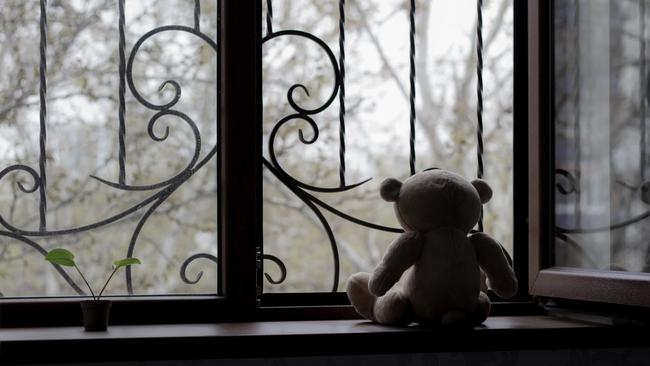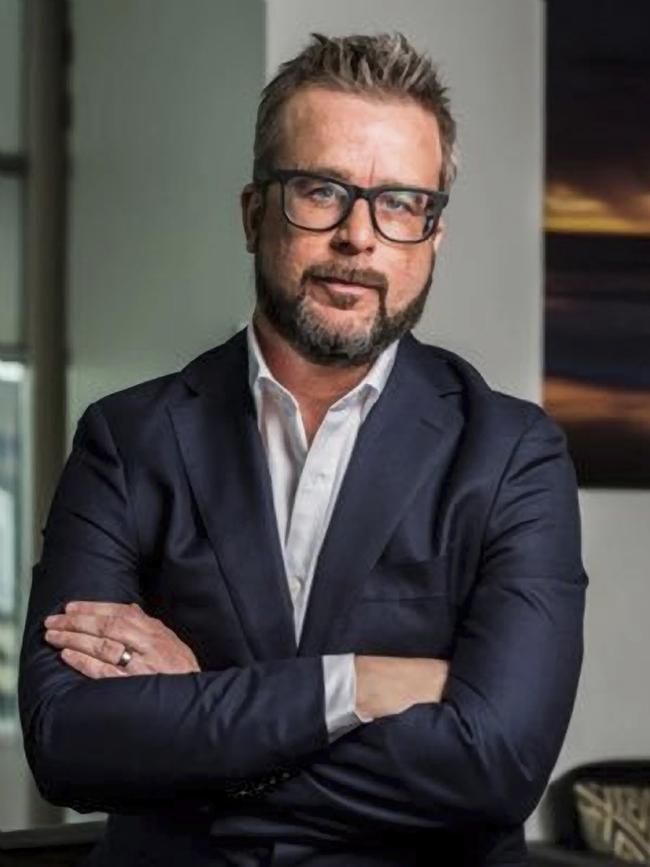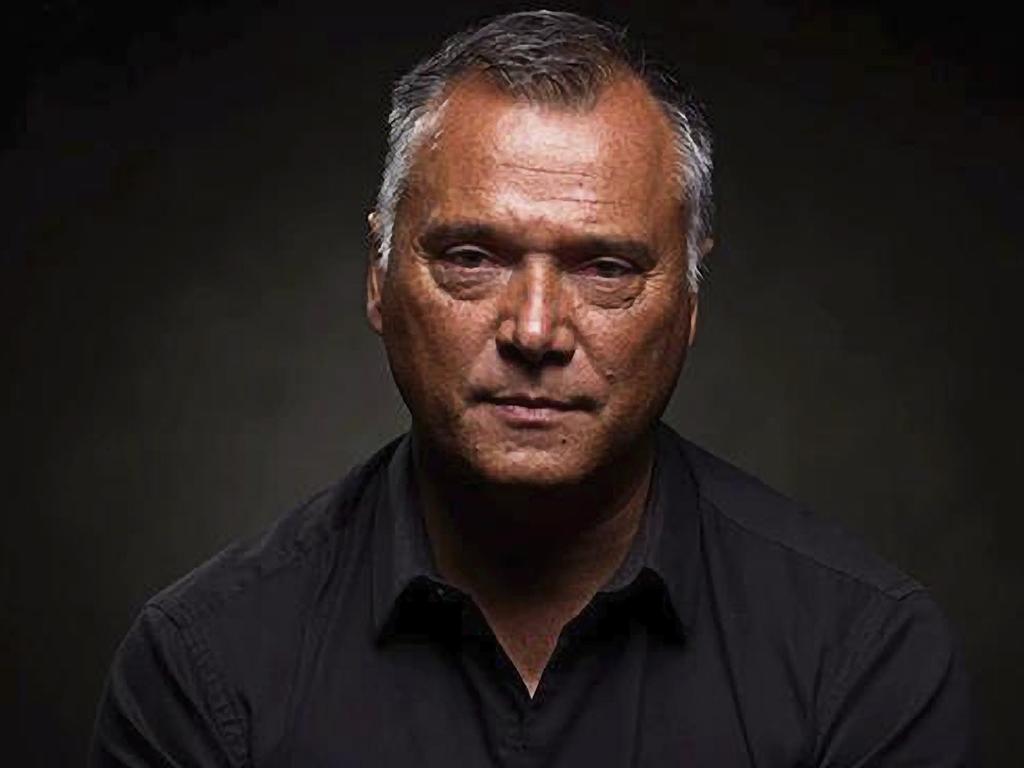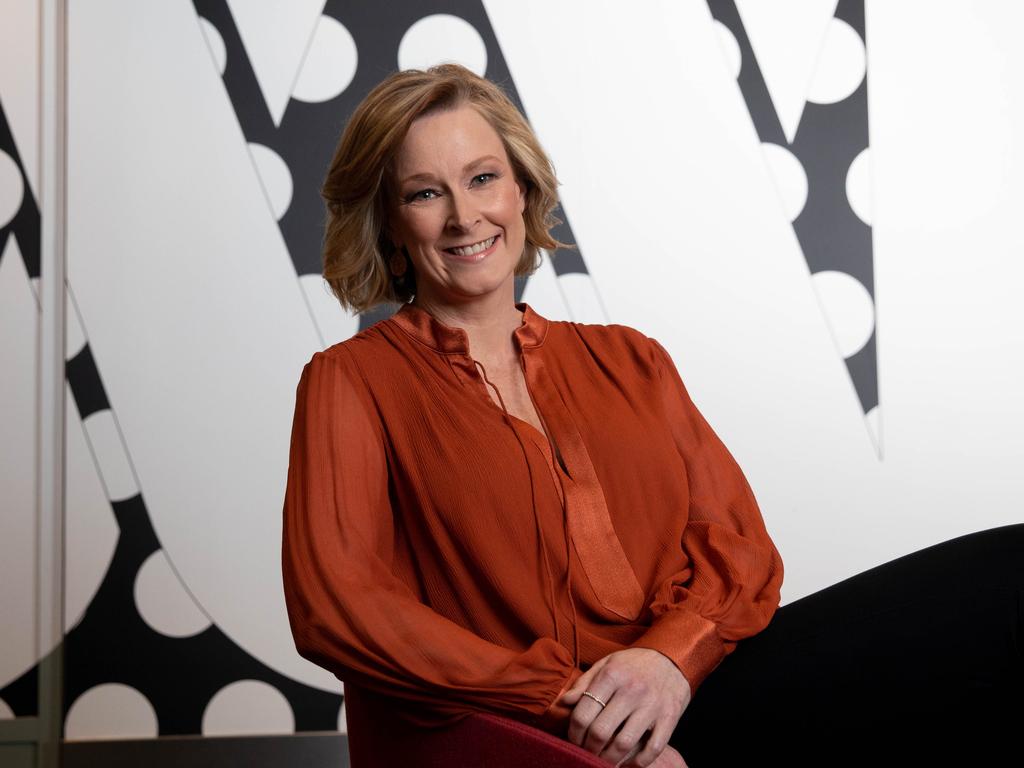Where’s spotlight on government school pedophiles?
Talk about a pair of failures – involving a taxpayer-funded royal commission and the taxpayer-funded public broadcaster.

The Royal Commission into Institutional Responses to Child Sexual Abuse, headed by former NSW Supreme Court judge Peter McClellan KC, was set up by Julia Gillard’s Labor government in late 2012. It enjoyed the support of the Coalition, along with all the states and territories. The royal commission ran from 2013 until 2017, after successfully requesting a two-year extension of time. It cost about $330m and employed hundreds of staff at any one time. In other words, McClellan and his team were not short of resources.
The royal commission did some good work in drawing attention to historical child sexual abuse in some institutions. But it erred significantly by focusing on religious bodies – in particular Catholic and Anglican churches. Also, its main target was cardinal George Pell, the former Catholic archbishop of Melbourne and then Sydney who became a senior figure within the Vatican. The royal commission made a number of hostile findings with respect to Pell – all of which were unsupported by witness or documentary evidence.
In addition, a couple of the royal commission’s findings about Pell were contradictory. In view of the royal commission’s abundant resources, this was intellectually shoddy work. I have documented this in my book Cardinal Pell, The Media Pile-On & Collective Guilt (Connor Court 2021). No one has contested this analysis.
As I wrote in my column in The Weekend Australian on July 29, the royal commission conducted 57 case studies, but not one covered an existing government school anywhere in Australia. This was a grievous error of omission, especially since Gillard had stated it could inquire into all institutions.
Following the winding up of McClellan’s royal commission, there had been some reports in the media about the historical child sexual abuse in one Victorian government school, namely Beaumaris Primary School in southeast Melbourne.
Late last year Stuart Grimley, a former police officer who was a Derryn Hinch Justice Party member of the Victorian Legislative Council at the time, filed a Freedom of Information request concerning claims made against the Victorian government alleging child sexual abuse in government schools. The figures, released early this year, revealed about 400 cases in the past 12 years.
In February, Victorian Labor Premier Daniel Andrews said he would make a formal apology to “survivors of sexual abuse in government schools” sometime later this year. Then, on June 28, the Andrews government announced the establishment of a board of inquiry into historical child sexual abuse at Beaumaris Primary School in the 1960s and ’70s and abuse by some employees in other government schools. Kathleen Foley SC will deliver a report to the Victorian government by February 28 next year. The terms of reference are very narrow. However, at least the Victorian government is looking into the matter.
The ABC and The Age in Melbourne led the case against the handling of historical child sexual abuse in the Catholic and Anglican institutions. Nine’s Melbourne newspaper has given scant coverage about the Beaumaris Primary School inquiry. It has been covered on occasion by Russell Jackson of the ABC’s Investigations, but it is fair to say his research has not received the national coverage it deserves.
One example illustrates the point. Early last Sunday, ABC News online ran an article of about 9000 words titled “How the Victorian Education Department’s historical child sexual abuse scandal was hidden for decades”. Written by Jackson, it revealed that the department had covered up numerous cases of child sexual abuse in government schools over half a century. Jackson’s piece began with the case of Vincent Henry Reynolds, who in June 2019 pleaded guilty to 42 charges of child sexual abuse extending back decades.
But Reynolds was just one government-employed pedophile. Like many other offenders, Reynolds was moved from school to school and his crimes continued.

The ABC report quoted John Rule of Maurice Blackburn Lawyers as saying: “I tell people the Victorian Education Department are the worst to deal with – and, as far as cover-ups, they’re every bit as bad as the worst bits of the Catholic Church and people can’t believe it.”
The fact is the Catholic Church addressed this issue in the mid-1990s with the establishment of the Melbourne Response in 1996 and Towards Healing for the rest of Australia the following year. As of today, the Victorian Education Department has not established its own inquiry.
Without question, Jackson’s lengthy account reveals a national scandal with respect to one government education department in one state. However, the ABC covered the story only on its News Channel. The story did not run on the main evening news on August 27 or on ABC Radio National Breakfast, ABC TV News Breakfast and ABC 7.30 the following day.
I have corresponded with Justin Stevens – the ABC’s director of news, analysis and investigations – on this issue in my Media Watch Dog blog. He advised that Jackson’s report did not “lend itself to a short news treatment” but it was left for individual programs to decide whether to follow it up. None did. You would have to be naive to think the likes of 7.30 would not have covered Jackson’s report if he had revealed such a scandal in, say, a Christian church.
The failure of the McClellan commission to do a case study into even one state education department or one government school has now been revealed to be a massive mistake.
Not only in Victoria but also in Tasmania – where a commission of inquiry has been set up to examine pedophiles in government schools and another one, as covered in The Australian on Thursday, with respect to government institutions such as the Ashley Youth Detention Centre.
Clearly, the McClellan royal commission was a fail concerning government institutions. And the ABC has failed its audiences by not properly covering Jackson’s story about Victorian government schools.
Gerard Henderson is executive director of the Sydney Institute.








Talk about a pair of failures – involving a taxpayer-funded royal commission and the taxpayer-funded public broadcaster. In one instance at least.